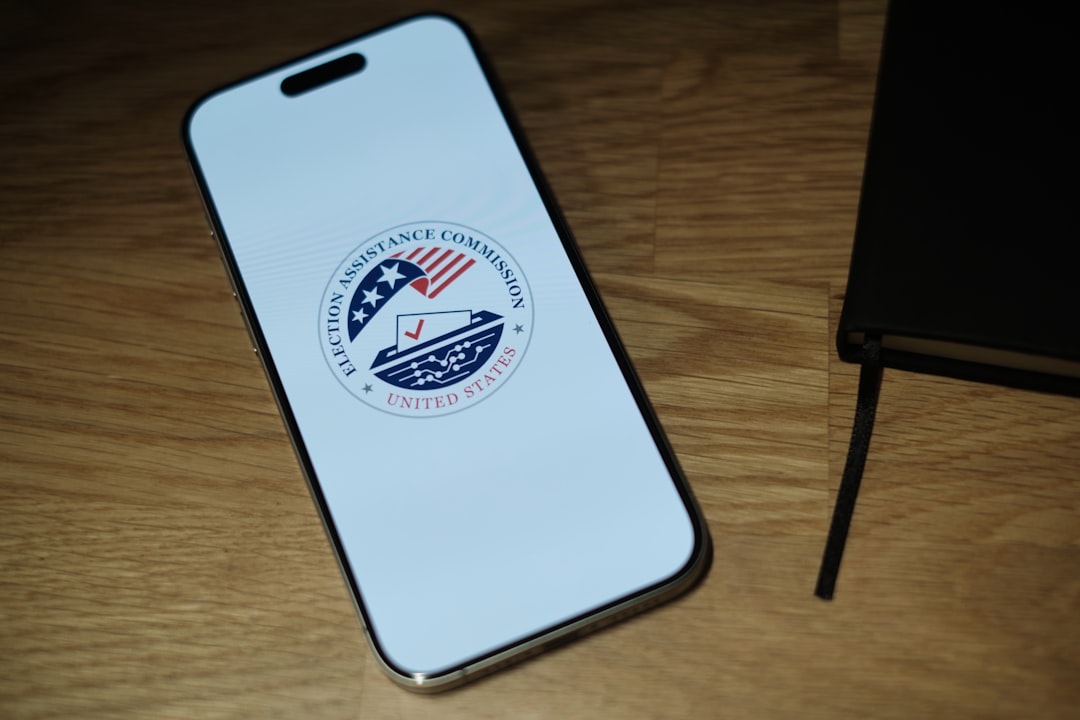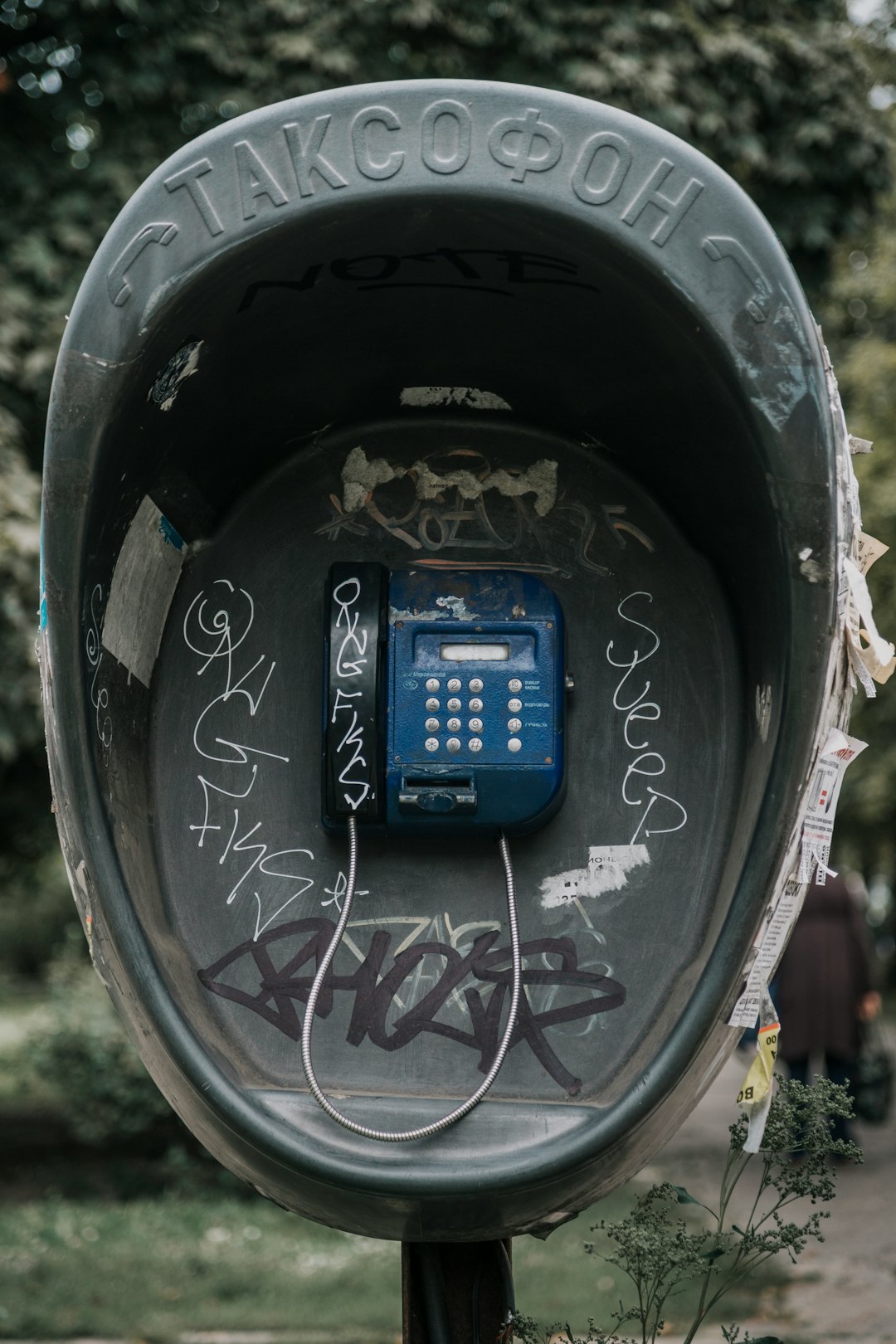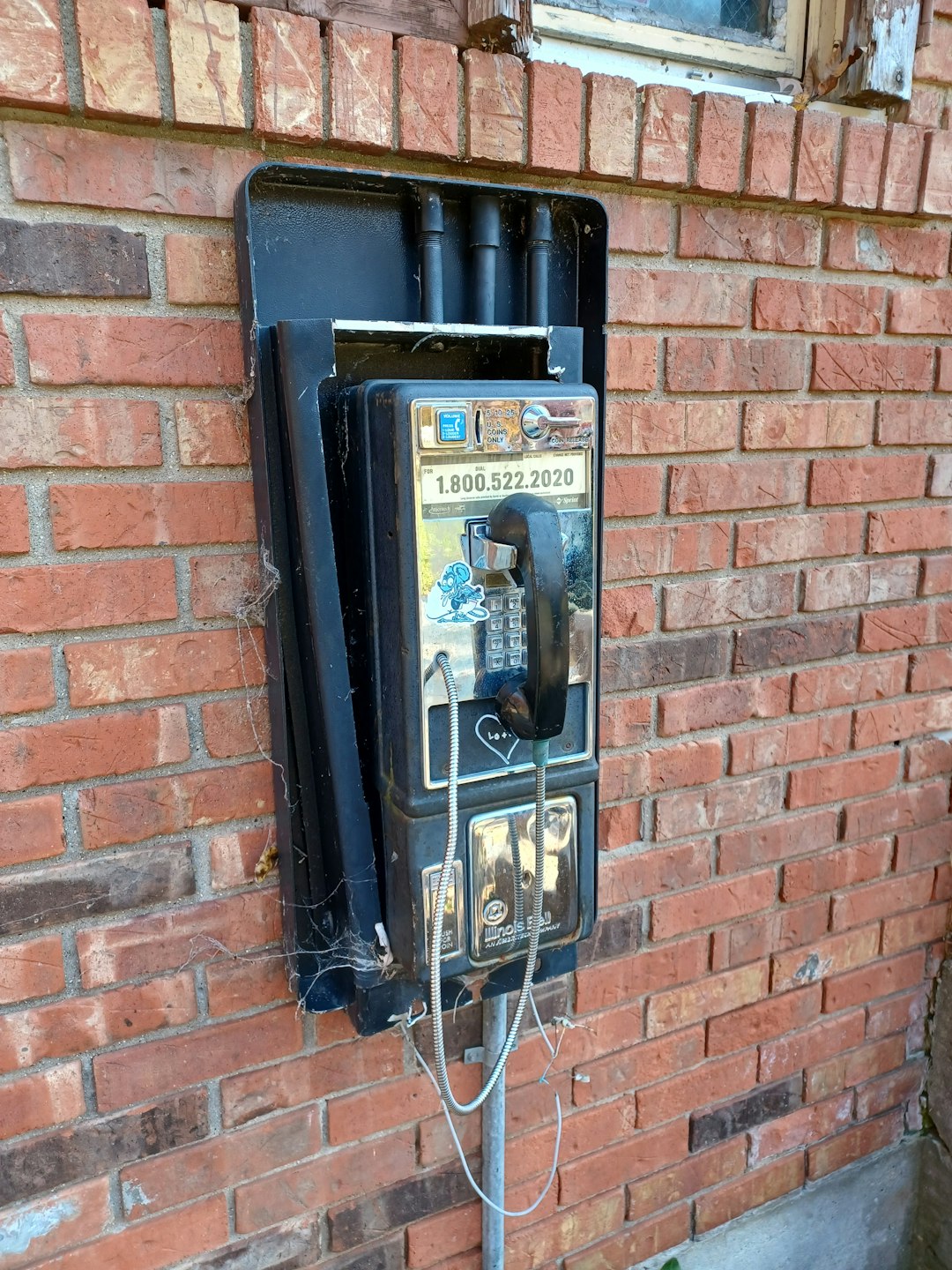Connecticut residents are protected from automated and prerecorded telemarketing calls (robocalls) and spam texts by state and federal laws, including the Do Not Call Law and the Telephone Consumer Protection Act (TCPA). Consulting a specialized robocall lawyer in Connecticut can help guide rights, block calls, seek compensation, and take legal action against violators. Registering on the official Do Not Call list is a powerful deterrent. Choose an experienced attorney with a proven track record in robocall litigation to navigate complex laws and protect privacy.
Tired of relentless robocalls and spam texts in Connecticut? You’re not alone. Learn how to protect yourself under Connecticut’s strict Do Not Call laws and take action against persistent spammers. This guide covers everything from understanding your rights to finding the right robocall Lawyer Connecticut or spam call law firm Connecticut. Discover effective strategies to stop unwanted calls, explore legal actions available, and choose experienced robocall lawyers Connecticut to reclaim your peace of mind.
Understanding Connecticut's Do Not Call Laws

In Connecticut, there are strict laws in place to protect residents from unwanted telephone solicitations, including robocalls and spam text messages. The state’s Do Not Call Law, regulated by the Connecticut Department of Consumer Protection, offers a powerful tool for citizens to combat these nuisance calls. This law prohibits businesses from making automated or prerecorded telemarketing calls to residential phone numbers without prior express consent.
If you have become a victim of persistent robocalls or receive unwanted text messages, it’s advisable to consult a legal professional who specializes in telecommunications law. A robocall lawyer or spam call attorney in Connecticut can guide you through your rights and options, helping you navigate the state’s laws and seek compensation if necessary. Many reputable Do Not Call law firms across the state offer their expertise to ensure residents’ privacy and peace of mind.
Your Rights Against Spam Calls and Texts

In Connecticut, both state and federal laws protect residents from unwanted phone calls and text messages, commonly known as robocalls and spam. The Telephone Consumer Protection Act (TCPA) and Connecticut’s Do Not Call Law are designed to give consumers control over their communication preferences. As a resident of Connecticut, you have the right to refuse receiving automated or prerecorded calls and texts from telemarketers, debt collectors, political organizations, and other businesses.
If you find yourself receiving persistent robocalls or spam texts that violate your rights, you may take action. A robocall lawyer in Connecticut can help protect your rights under the law by providing legal counsel and representation against violators. By consulting a robocall attorney, you can explore options for blocking these calls, seeking compensation for emotional distress, or taking legal action against the offending companies or individuals. There are strict penalties for those who violate the state’s spam call laws, ensuring that your privacy is respected and unwanted communications are minimized.
How to Stop Unwanted Robocalls Effectively

Unwanted robocalls and spam texts can be a constant nuisance, but there are effective ways to stop them in their tracks. The first step is to familiarize yourself with Connecticut’s robust do-not-call laws, which offer significant protections against unsolicited calls. Registering your phone number on the state’s official Do Not Call list is a powerful tool; it signals to robocallers that you don’t want their calls, and violators can face penalties.
Additionally, consider retaining a robocall lawyer or attorney in Connecticut who specializes in spam call laws. These legal professionals can provide guidance tailored to your situation, helping you understand your rights and the best course of action. They may advise you to block specific numbers, file complaints with relevant authorities, or even take legal action against persistent violators. A well-informed approach, guided by an experienced robocall lawyer, is key to effectively managing and reducing unwanted texts and calls.
Legal Actions Against Persistent Spammers

In Connecticut, persistent spamming and robocalls are not only an annoyance but also a violation of state laws. Consumers have legal recourse against companies that continue to send unwanted texts or make automated phone calls despite being added to the Do Not Call registry. A robocall lawyer in Connecticut can help victims understand their rights and pursue legal actions, including seeking damages for each violation of the Spam Call law.
If you’ve been plagued by relentless robocalls or text messages from persistent spammers, consider consulting a lawyer specializing in these matters. A robocall attorney in Connecticut can guide you through the process, assist with filing complaints against offenders, and even represent you in court if necessary. Don’t hesitate to reach out to a reputable law firm focusing on Do Not Call laws to protect your privacy and put an end to unwanted communications.
Choosing the Right Lawyer for Robocall Cases

When facing a deluge of unwanted robocalls or text messages, it’s crucial to seek legal counsel to navigate the complex landscape of robocall laws in Connecticut. Choosing the right lawyer is an essential step in effectively stopping this nuisance and protecting your rights. Look for a law firm specializing in spam call cases, with a proven track record of success in robocall litigation.
An experienced robocall attorney in Connecticut will be well-versed in state and federal regulations, such as the Telephone Consumer Protection Act (TCPA), which restricts automated calls and texts without prior consent. They should have a deep understanding of these laws to help you determine if your rights have been violated and guide you through potential legal remedies, including seeking damages for each violation. Ensure the lawyer you choose has a history of achieving favorable outcomes in similar do not call cases.






